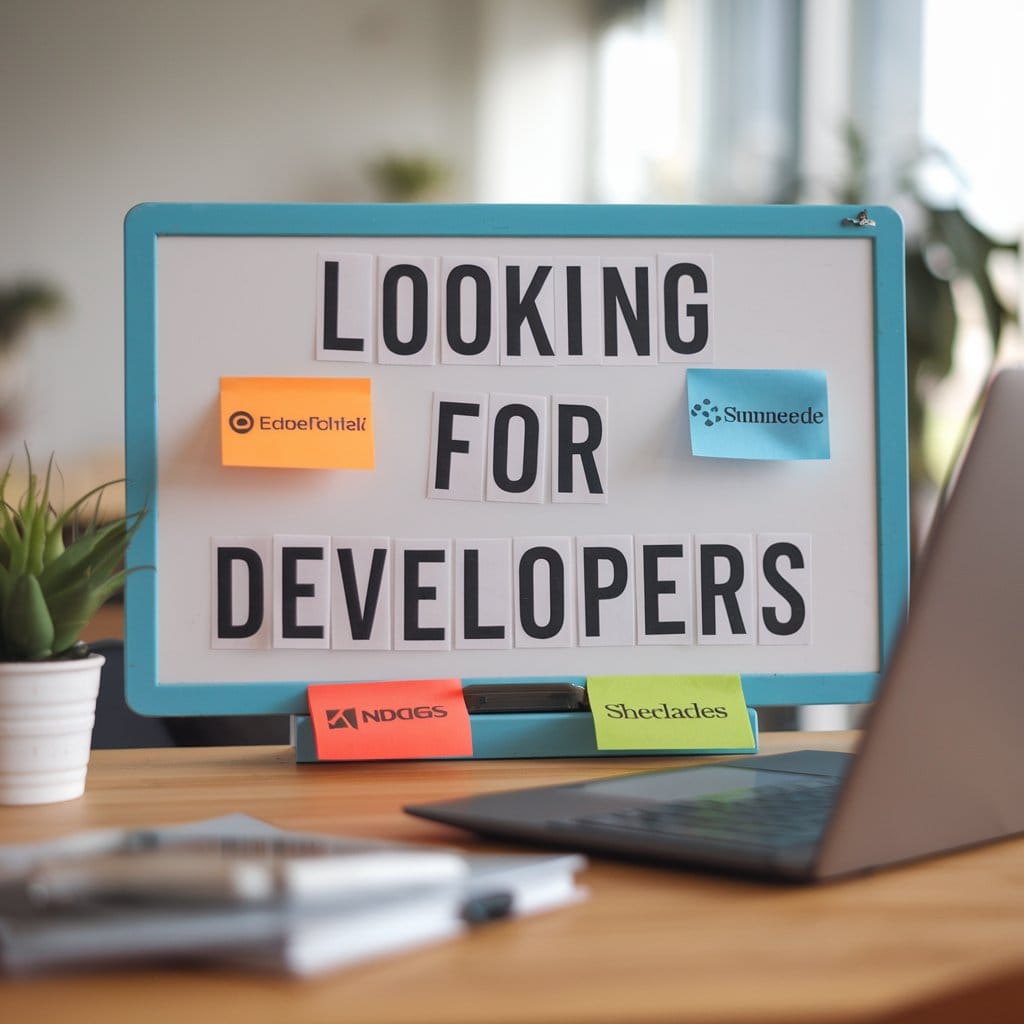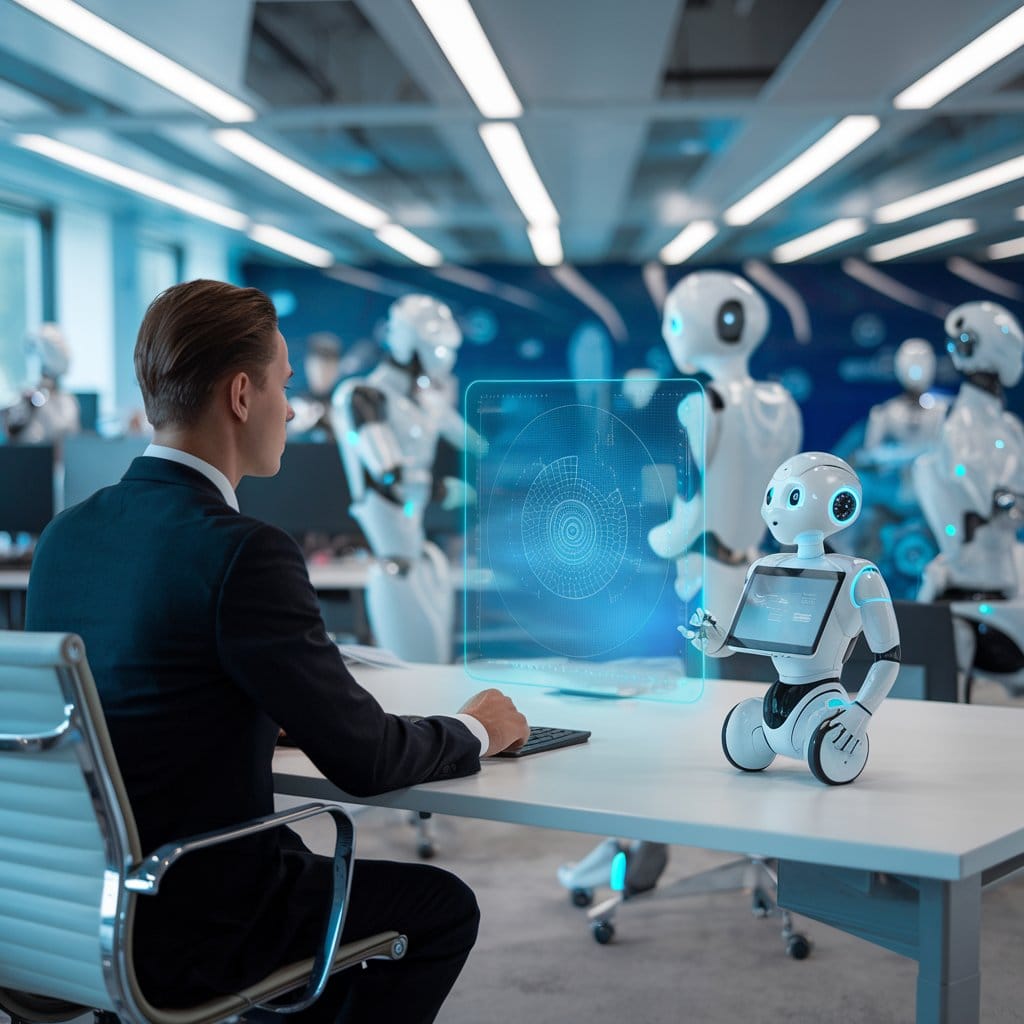Soft Skills Are the New Hard Skills: Why They Matter More Than Ever in 2025

In the fast-evolving job market of 2025, soft skills—qualities like communication, adaptability, and collaboration—are taking center stage. While technical expertise remains essential, the ability to connect, innovate, and lead is increasingly viewed as the key differentiator in hiring and performance.
This shift has profound implications for how companies assess talent and how individuals prepare for the workforce of the future.
Why Are Soft Skills More Critical Than Ever?
1. The Automation Surge
Advancements in AI and automation are reshaping industries, automating routine tasks, and leaving uniquely human skills in high demand.
- By 2030, McKinsey predicts that 375 million jobs globally will be affected by automation. These roles will require creativity, emotional intelligence, and leadership, skills that machines cannot replicate effectively.

2. The Rise of Remote and Hybrid Work
Remote and hybrid work models are now standard, with 70% of teams operating in these setups as of 2024, according to Gartner. This shift means that soft skills, such as virtual communication and the ability to build trust remotely, are critical to maintaining productivity and cohesion.
3. Rapid Market Changes
The fast pace of technological and market evolution requires teams that can pivot quickly. Soft skills like adaptability and problem-solving have become indispensable in managing disruptions and fostering innovation.
- The World Economic Forum’s Future of Jobs Report 2023 lists problem-solving and critical thinking among the top 5 in-demand skills through 2025.
How Companies Can Evaluate Soft Skills
1. AI-Driven Assessments
Advanced tools, such as Aiply.ai, enable employers to evaluate soft skills through conversational AI and scenario-based simulations. These assessments reveal a candidate’s ability to navigate challenges, collaborate, and communicate effectively.
2. Behavioral Interviews
Employers can ask candidates to describe how they’ve handled past conflicts, adapted to change, or led a team, providing insight into their interpersonal abilities.
3. Soft Skills Testing
Role-play exercises or group interviews simulate workplace challenges, offering direct observations of a candidate’s teamwork, leadership, and problem-solving skills.
The Real-World Impact of Prioritizing Soft Skills
Tech Teams
In 2024, a Fortune 500 tech company redesigned its hiring strategy to emphasize soft skills. The result? Project success rates increased by 23%, as teams became better at collaboration and managing uncertainty.
Sales Teams
Research from Harvard Business Review highlights that sales reps with high emotional intelligence outperform peers, closing 25% more deals. Their ability to connect and adapt to clients’ needs makes a measurable impact.
Startups
Startups relying on flexible, adaptable teams often see improved resilience. Teams with strong communication and problem-solving skills can pivot faster in response to market changes, providing a critical edge in competitive industries.
How to Build a Soft Skills-Centric Workforce
- Revise Job Descriptions
Highlight collaboration, communication, and adaptability alongside technical expertise. - Use Modern Tools
Leverage platforms like Aiply.ai to assess soft skills objectively during hiring. - Upskill Existing Teams
Develop in-house programs to nurture leadership, emotional intelligence, and creative problem-solving. - Encourage Feedback and Collaboration
Promote a culture where employees are encouraged to give and receive constructive feedback, fostering continuous improvement in soft skills.

The Business Case for Soft Skills
Investing in soft skills pays off. Organizations that prioritize these abilities report higher employee satisfaction, reduced turnover, and better financial performance. As automation and remote work reshape the professional landscape, businesses that fail to adapt risk falling behind.
By 2025, soft skills won’t just complement technical expertise—they’ll define workplace success. Companies that integrate soft skills into their hiring and development processes will unlock hidden potential and achieve a significant competitive advantage.
